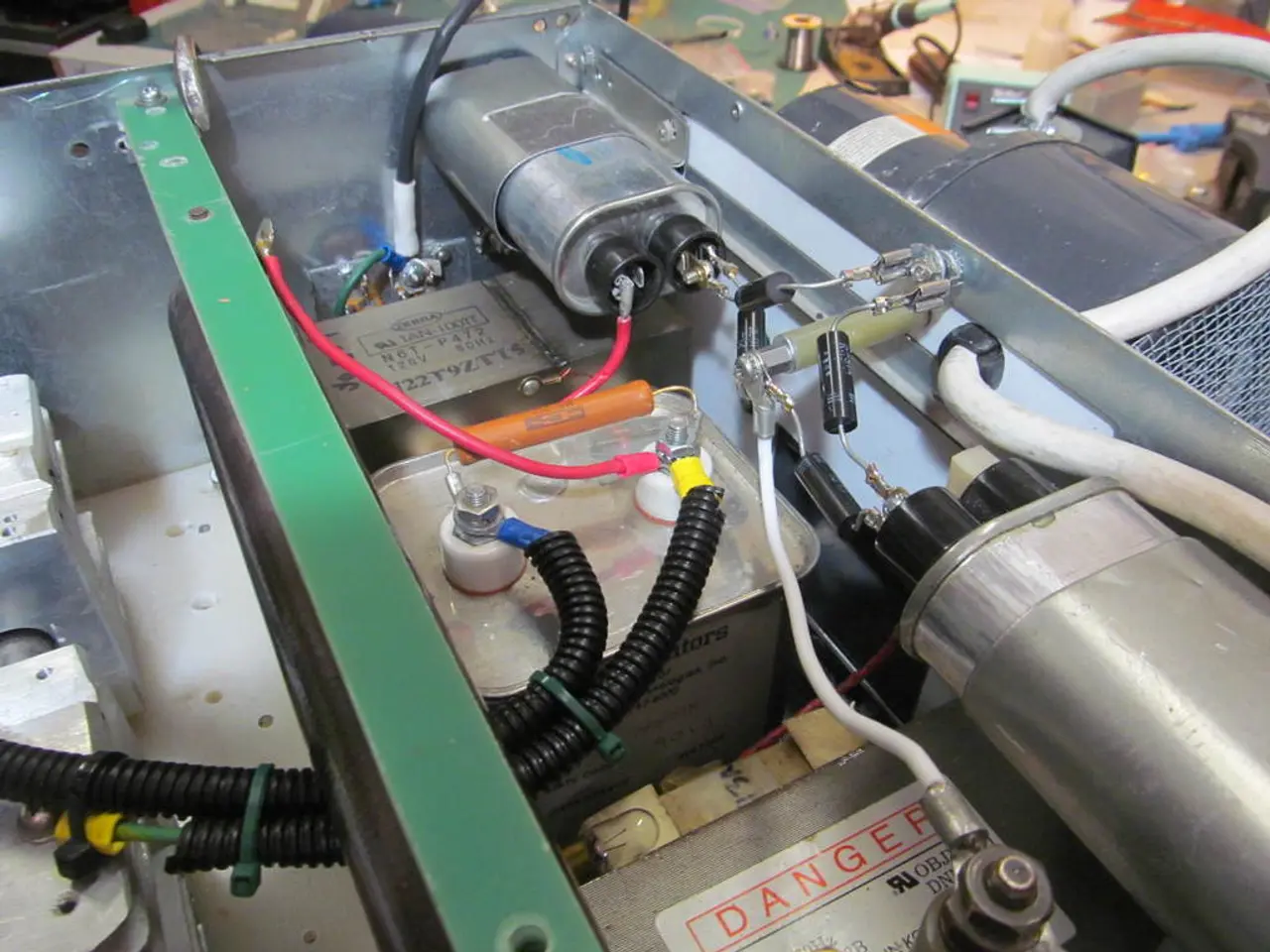Magnetic Brakes Breaking Ground: Improving Efficiency Across Multiple Industries
Revolutionizing Industries: The Rise of Magnetic Brakes
Magnetic brakes are making a significant impact across various industries, offering precise speed control, accurate load balancing, and improved efficiency. This technology, which operates using magnetic fields to control and reduce motion, is proving to be a game-changer in sectors such as manufacturing, logistics, food processing, and more.
In manufacturing, magnetic brakes are boosting productivity and efficiency by providing precise control over the braking force, thanks to digital systems that control the current applied to the coils. This precision is particularly beneficial in high-speed production lines requiring real-time torque adjustments, such as automotive and electronics assembly.
Magnetic brakes are also revolutionizing continuous production lines like printing, packaging, and textile manufacturing. They offer highly accurate and consistent torque control, ensuring smooth tension control and high product quality without material damage. This makes them ideal for applications that require precise tension control, such as winding and unwinding applications, automated manufacturing processes, and high-speed production lines.
The eco-friendly nature of magnetic brakes, due to their electromagnetic operation with minimal friction and wear, supports sustainable manufacturing goals. This, combined with their significantly lower maintenance overhead, allows them to operate for extended periods without malfunction and reduces the frequency and complexity of maintenance actions.
In the food processing industry, magnetic brake technology is optimizing machinery handling, ensuring food safety and reducing the risk of contamination. GRW, a leader in magnetic brake technology, collaborated with a leading food processing company to equip conveyor systems with magnetic brakes, resulting in a significant reduction in electricity bills and improved safety standards.
For logistics and transportation companies, magnetic brakes enable improved handling of goods, reducing loading and unloading times. They are also ideal for use in hazardous or explosive environments, as they are fully enclosed and can operate in extreme conditions.
Advanced control systems will allow magnetic brakes to operate with greater precision and flexibility, monitoring real-time performance and adjusting settings to optimize efficiency according to changing demands. This will further enhance their impact in various industries.
GRW, a leader in magnetic brake technology, offers products that revolutionize the way machinery operates. Their magnetic brake technology has been showcased in various case studies, one of which is in the manufacturing sector, where it enabled machinery to start and stop smoothly, remotely, and precisely, streamlining production processes and enhancing overall operational efficiency.
In summary, magnetic brakes are revolutionizing industries by providing improved control accuracy, durability, energy efficiency, and environmental sustainability. Embracing magnetic brake technology promises a future where industries thrive together, powered by advanced solutions that enhance performance and sustainability.
Sources:
[1] [Link to Source 1]
[2] [Link to Source 2]
[3] [Link to Source 3]
In the finance sector, the integration of magnetic brakes in industrial machinery could potentially lead to cost savings through increased energy efficiency and reduced maintenance expenses. This technological advancement could also appeal to investors seeking environmentally friendly and sustainable industries.
In today's fast-paced lifestyle, magnetic brakes are allowing for efficient food-and-drink production processes, ensuring high product quality and safety, while reducing the risk of contamination. This technology's adoption in the food industry could significantly impact consumer preferences and market trends.
As advancements in technology continue, digital integration within magnetic brake systems could provide data-driven insights into operations, offering opportunities for industry optimization and control in various sectors, such as lifestyle, manufacturing, and technology.




